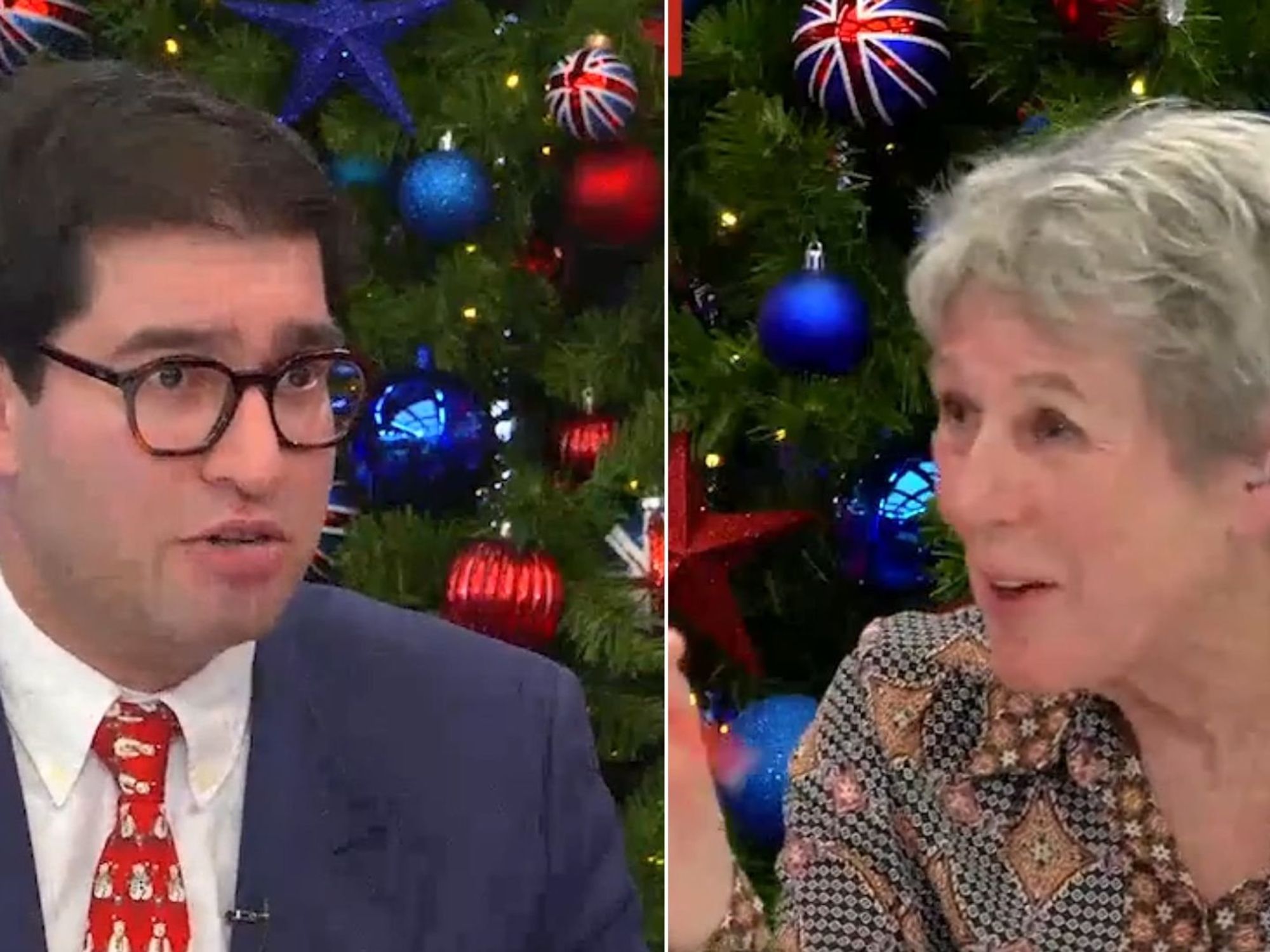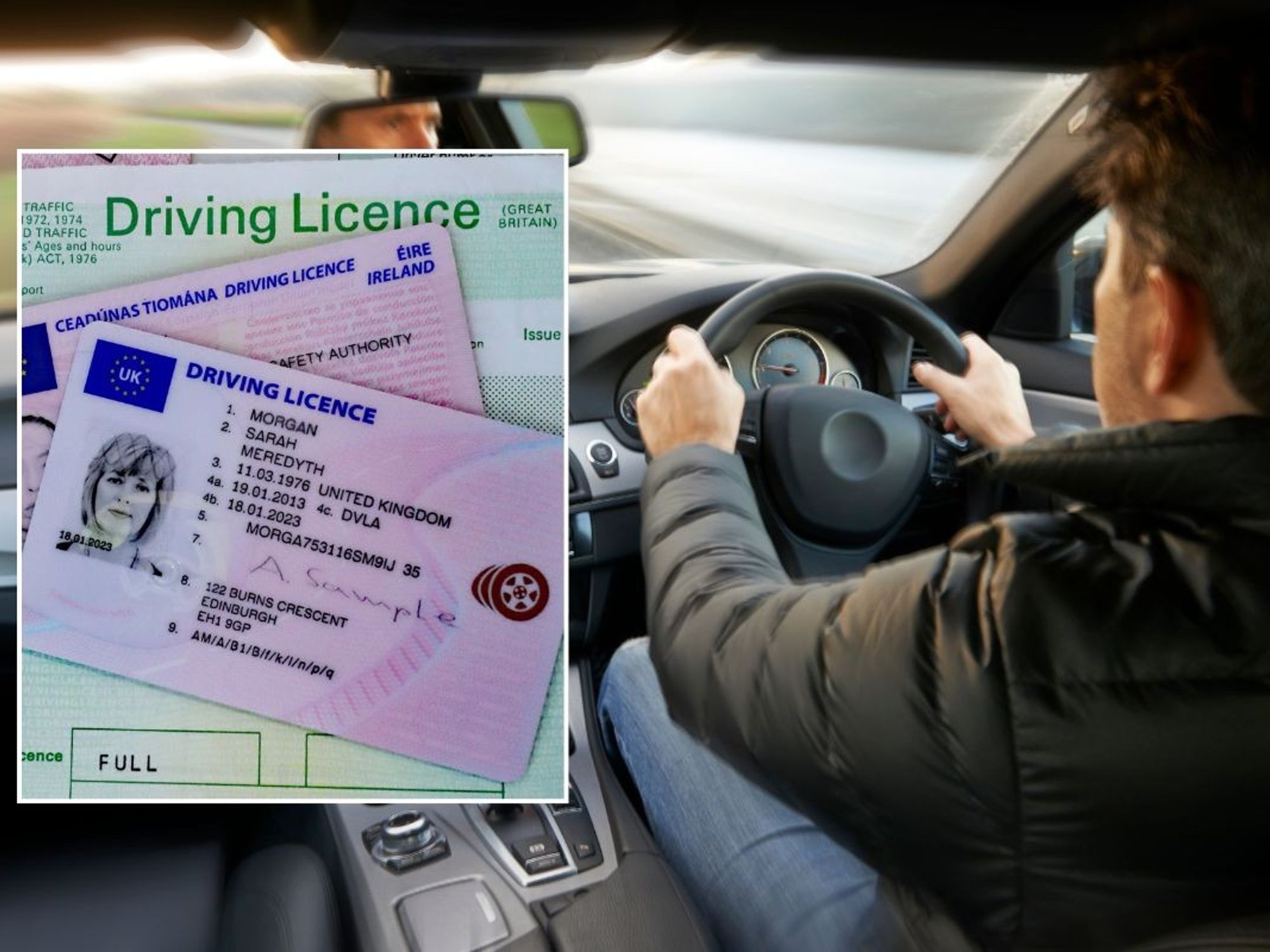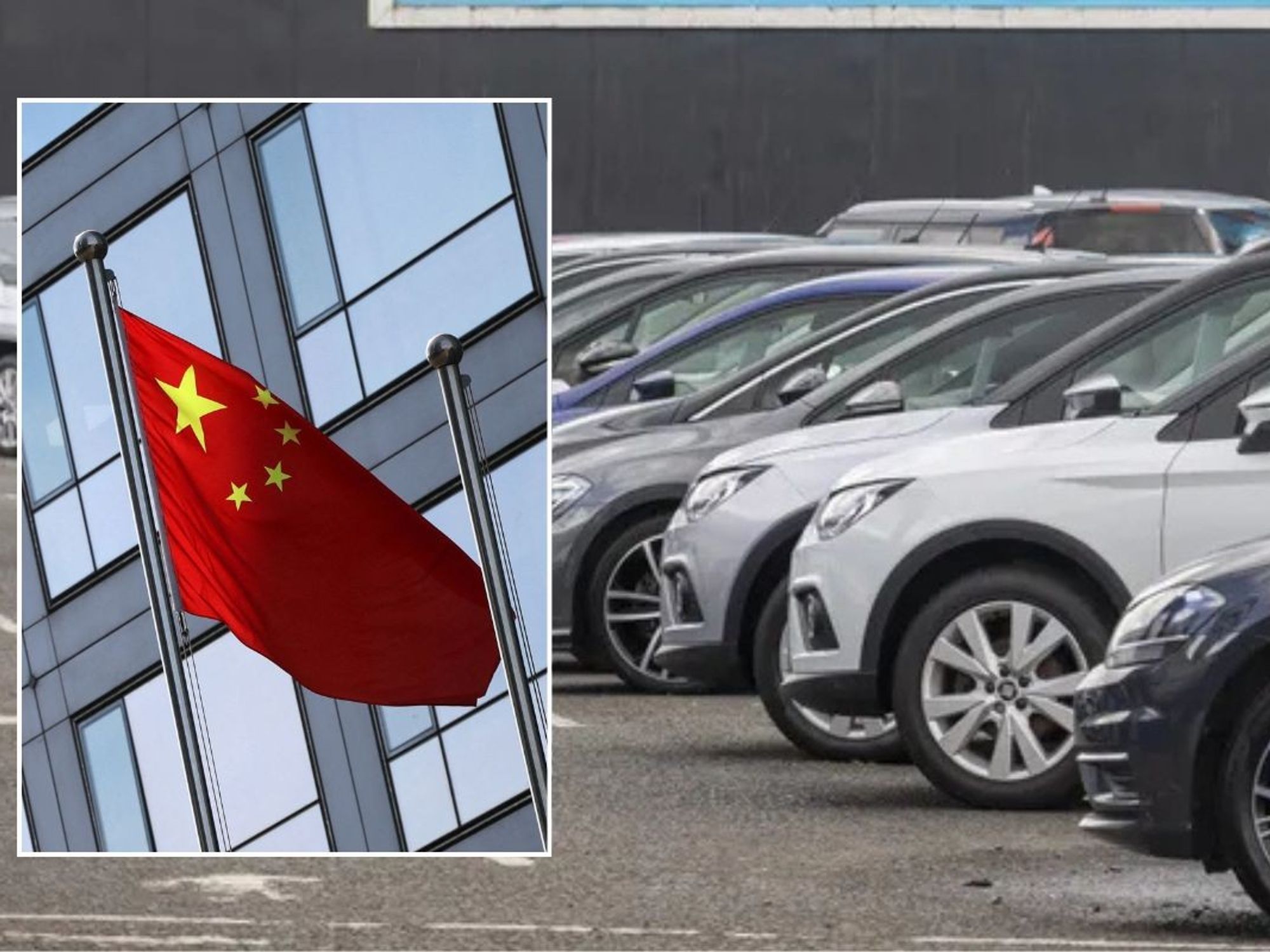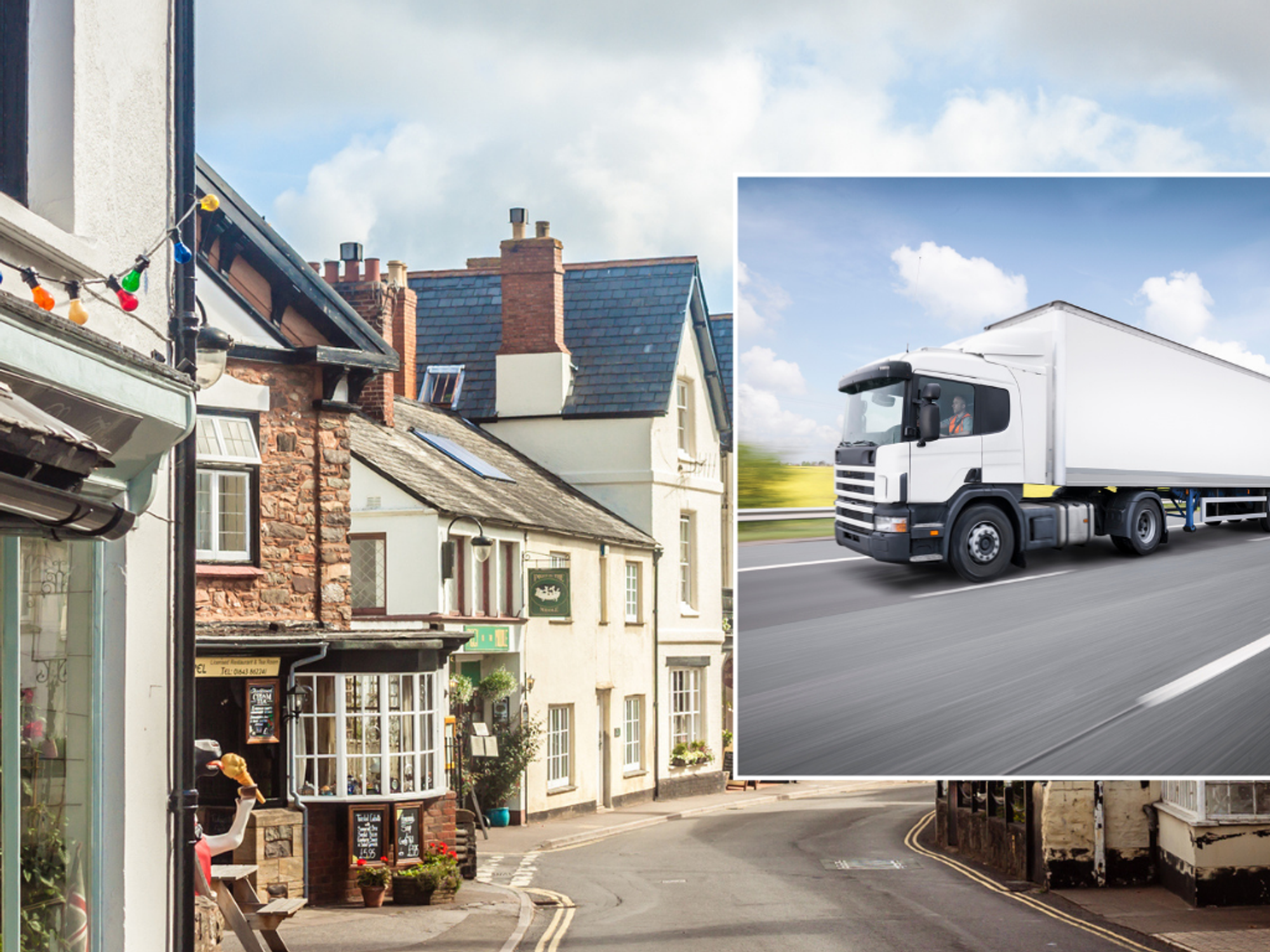Electric car prices to spike for drivers unless UK and EU agree delay to post-Brexit EV tariffs
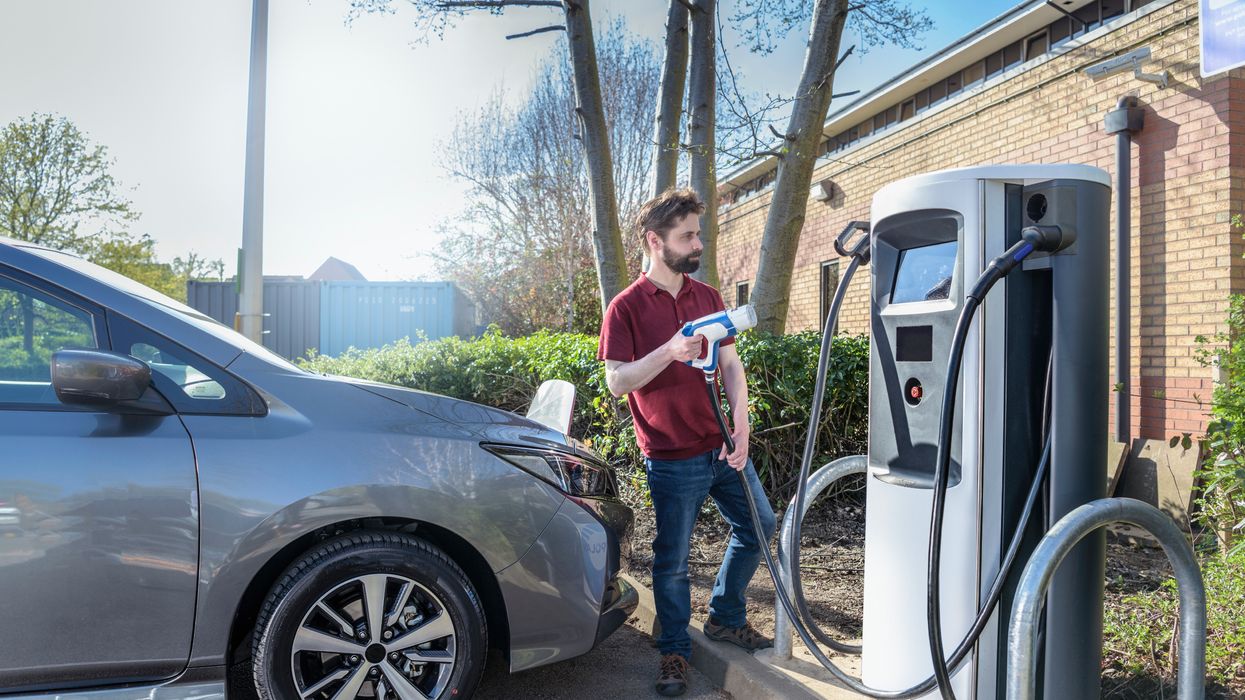
Electric car costs could spiral if an agreement is not reached
|GETTY

Stellantis has warned that a number of car plants in the UK could close if the tariffs go ahead
Don't Miss
Most Read
The UK and European Union are nearing an agreement to postpone post-Brexit tariffs on electric cars which could prevent the dramatic increase in EV prices for consumers.
Under the deal for the UK to withdraw from the European Union, a number of tariffs would see terms change, including on electric cars.
Under the current arrangements, electric vehicles traded between the UK and the bloc would be subject to a 10 per cent tariff if less than 45 per cent of the value comes from Britain or the EU.
This is known as the “rules of origin”, with European carmakers potentially facing costs of up to £3.7billion if the tariffs were to go ahead.
WATCH NOW: Labour reacts to 2030 car ban delay
Some experts also fear that it would negatively affect competition for UK and EU-based manufactures and benefit Chinese production companies.
However, it is believed the EU approached the UK Government with proposals to extend the phasing-in of tariffs on electric vehicles traded between the two.
According to Bloomberg, this would apply for at least two years after the EU moved away from its vow that a delay was not acceptable.
A UK Government official, who did not want to be named, said months of work on the issue “have started to bear fruit”.
Countless European and British manufacturers have backed a delay to ensure trade flows easily between EU nations and the UK.
Given the high number of batteries and key materials imported from China, the tariffs would hammer automakers on the continent and in the UK.
There are also fears that if the post-Brexit agreement were to go ahead, carmakers would be forced to pass the cost on to consumers.
One of the main drawbacks for consumers when it comes to electric vehicles is the upfront cost, with the majority of vehicles costing more than £30,000.
Even the more affordable vehicles are criticised for being more expensive than petrol and diesel equivalents.
There are hopes that the second-hand market for electric cars will begin to rocket in the coming years, allowing more people to access EVs.
Car makers are also warning that tariffs could batter production sites in the UK and make them far less competitive, including Stellantis who said car plants would close if a deal cannot be agreed.
He said this was being done to allow prices to fall for families struggling amid the ongoing cost of living crisis.
The Prime Minister added that the sale of electric cars was already strong in the UK and would continue to improve as more manufacturers end sales of internal combustion engine vehicles.
LATEST DEVELOPMENTS:
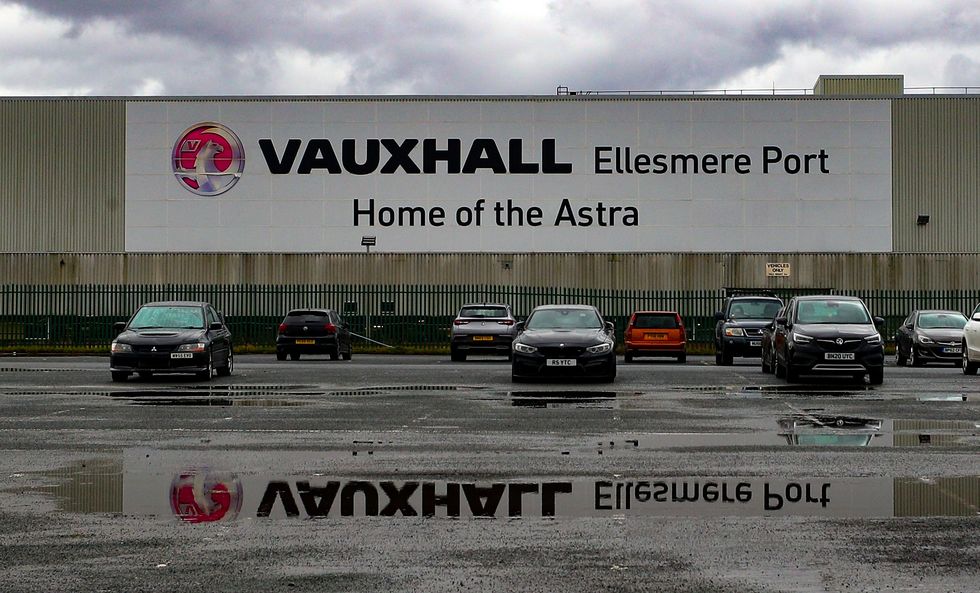
Stellantis has warned that car plants could close if a deal is not agreed
|PA
Unless a deal is agreed, the new tariffs are expected to be introduced next year.





